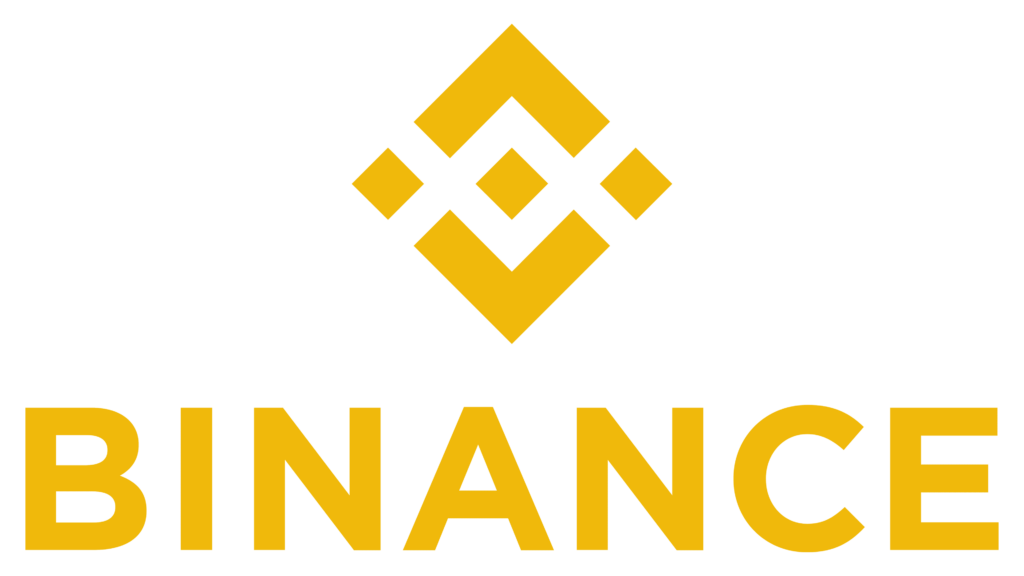Cryptocurrency has become a buzzword across the world, from average people to businesspeople. Cryptocurrencies are the newest trend in the financial world and are constantly evolving. Although various initiatives and experiments have been going on for decades, cryptocurrency as we know it today first came about in 2009 with the birth of Bitcoin. From anonymity to decentralization, cryptocurrencies offer unique features that traditional financial systems cannot provide. In this article, we’ll dive into what cryptocurrency is, how it works, and what benefits it offers.

Defining Cryptocurrency
Cryptocurrency is a digital or virtual form of currency that utilizes encryption techniques to secure transactions and control the creation of new units. In simpler terms, it is a decentralized and encrypted form of digital currency that can be transferred between individuals without an intermediary institution, such as a bank. Cryptocurrencies operate on a decentralized ledger technology called blockchain, which provides a secure and transparent way of recording all transactions in the system.
What Makes Cryptocurrency Unique?
Cryptocurrencies possess a range of unique characteristics that are not present in traditional financial systems. Here are some of the most significant features.
| Alternatives | Definitive Features |
|---|---|
| Traditional Financial Systems | Centralized, limited accessibility, third-party intervention |
| Cryptocurrency | Decentralized, accessible to anyone with an internet connection, no third-party intervention |
FAQs
Q: How are cryptocurrencies created?
A: Cryptocurrencies are created through a process called mining, which involves verifying and recording transactions on the blockchain. As a miner manages a particular amount of computational power, they earn new cryptocurrency as a reward for their service.
Q: Are cryptocurrencies regulated?
A: Cryptocurrencies fall in a legal gray area in most countries since they are not backed by a government or a central authority. Many countries are still debating on how to classify, regulate, or outlaw them. However, some countries like Japan, Malta, and Estonia have explicitly legalized cryptocurrencies.
Q: Can anyone use cryptocurrency?
A: Cryptocurrencies are open to anyone with an internet connection and a digital wallet. There are no restrictions on nationality, ethnicity, age, or income. Anyone can be a part of the cryptocurrency ecosystem as long as they have access to the internet and digital space.
Q: What is the future of cryptocurrency?
A: The future of cryptocurrency remains uncertain as the industry is still in its early stages of development. However, investors, businesses, and governments are starting to recognize the potential and benefits that blockchain and cryptocurrencies offer. Various initiatives and experiments are happening worldwide, and it is likely that cryptocurrency will continue to grow and evolve in the future.
Conclusion
Cryptocurrency’s decentralized and encrypted nature makes it an innovative and exciting method of transferring funds. It is still in its early stages and faces regulatory challenges and risks associated with its unregulated nature. It is yet to be seen whether cryptocurrencies, including Bitcoin, will replace traditional financial systems completely. However, there is no question that cryptocurrencies and blockchain offer a more transparent and secure way of recording transactions than traditional systems. As the industry continues to grow and develop, it is exciting to see what the future of cryptocurrency holds.






